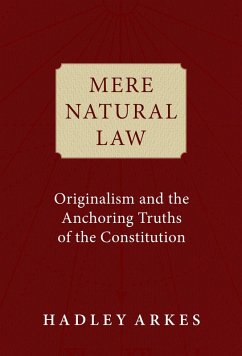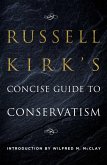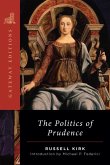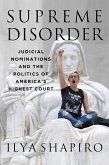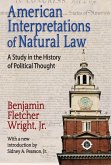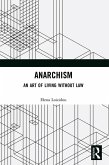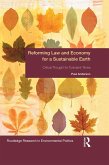In this profoundly important reassessment of constitutional interpretation, the eminent legal philosopher Hadley Arkes argues that "originalism" alone is an inadequate answer to judicial activism. Untethered from "mere Natural Law"the moral principles knowable by allour legal and constitutional system is doomed to incoherence.
The framers of the Constitution regarded the "self-evident" truths of the Natural Law as foundational. And yet in our own time, both liberals and conservatives insist that we must interpret the Constitution while ignoring its foundation.
Making the case anew for Natural Law, Arkes finds it not in theories hovering in the clouds or in benign platitudes ("be generous," "be selfless"). He draws us back, rather, to the ground of Natural Law as the American Founders understood it, the anchoring truths of common sensetruths grasped at once by the ordinary man, unburdened by theories imbibed in college and law school.
When liberals discovered hitherto unknown rights in the "emanations" and "penumbras" of a "living constitution," conservatives responded with an "originalism" that refuses to venture beyond the bare text. But in framing that text, the Founders appealed to moral principles that were there before the Constitution and would be there even if there were no Constitution. An originalism that is detached from those anchor - ing principles has strayed far from the original meaning of the Constitution. It is powerless, moreover, to resist the imposition of a perverse moral vision on our institutions and our lives.
Brilliant in its analysis, essential in its argument, Mere Natural Law is a must-read for everyone who cares about the Constitution, morality, and the rule of law.
Dieser Download kann aus rechtlichen Gründen nur mit Rechnungsadresse in A, B, BG, CY, CZ, D, DK, EW, E, FIN, F, GR, HR, H, I, LT, L, LR, M, NL, PL, P, R, S, SLO, SK ausgeliefert werden.

